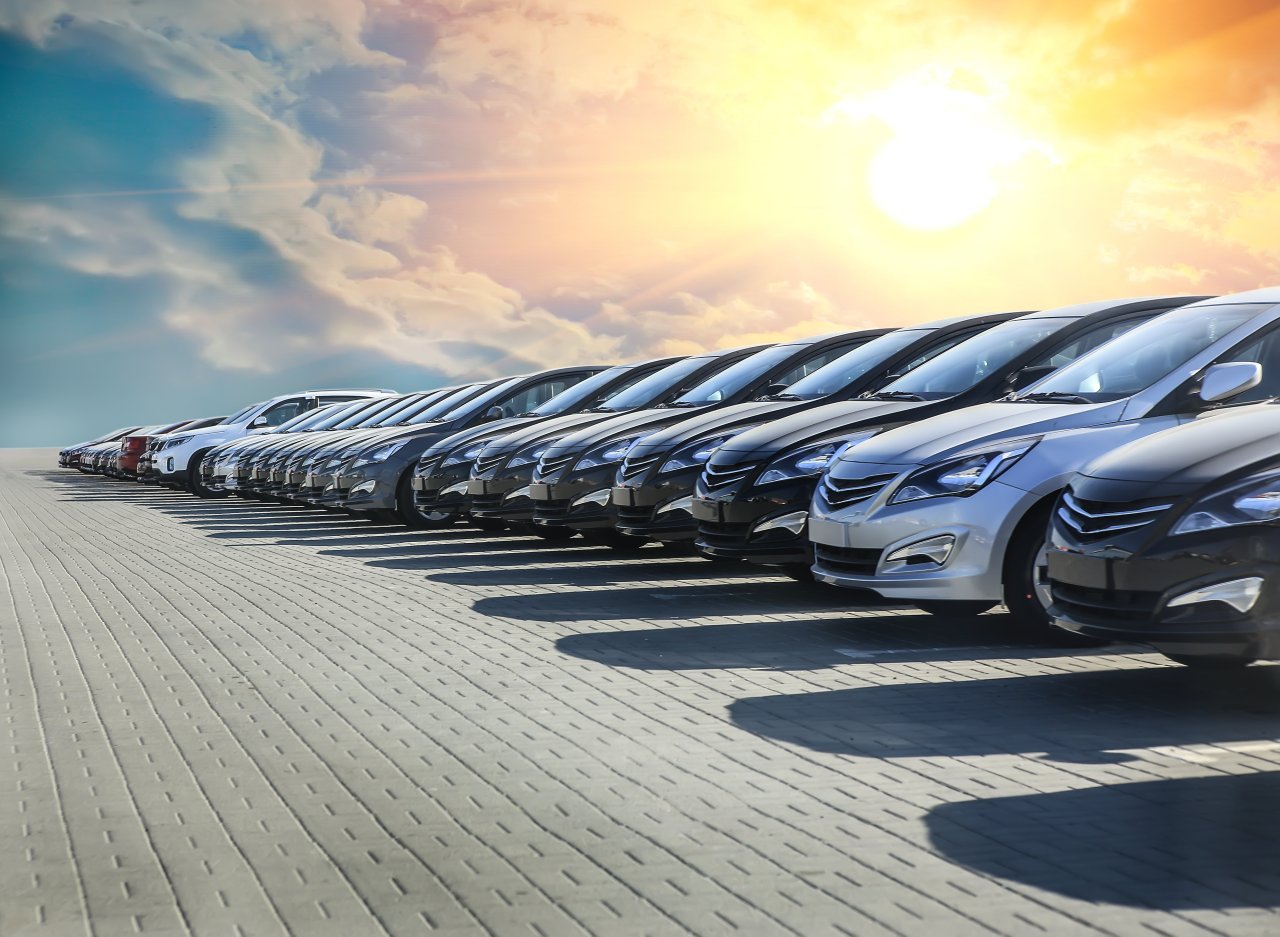Despite resistance, carmakers push ahead with used car market entry
By Kim Da-solPublished : Dec. 23, 2021 - 18:18

The head of a local carmakers’ association said Thursday that the country’s finished carmakers would enter the certified used car market here starting next month, despite resistance from small businesses.
Jung Man-ki, chairman of the Korea Automobile Manufacturers Association, said that local carmakers will no longer wait and will prepare to register for business licenses and establish physical spaces to launch their B2C secondhand car businesses.
“Although there is no law that bans automakers from entering this market now, they have refrained themselves from entering the market after small used car players said their livelihoods would be threatened,” Jung said in a forum held Thursday.
He said following consumer demand and for market revitalization, carmakers will no longer delay entering the market.
Local automakers including Hyundai Motor has sought to launch a certified used car service for customers not only to diversify its business portfolio but to better control product quality and brand value.
In the 1990s, Hyundai Motor scrapped its plan for the used car market entry. Since then, it has been operating a B2B used car auction business through its logistics arm Hyundai Glovis.
“For finished carmakers, the secondhand car business is lucrative in terms of accumulating big data on vehicle’s lifetime and such data can be a valuable asset for the company in terms of seeking other business,” said an industry insider.
Korea’s used car market has been growing at a fast speed.
According to government data, Korea’s used car market was worth 20 trillion won ($16.8 billion) in terms of the transaction amount last year.
It is also twice bigger in size than the market for new cars.
In 2020, a record-high 3.95 million used cars were registered, while 1.91 new cars were added to the market. As of October this year, an accumulated 3.28 million used cars were registered.
With the advent of online car trading platforms, the transaction amount on the non-face-to-face platform for secondhand cars has grown 59 percent in five years to 40,000 cars.
The industry expects the overall secondhand car market to grow at an average annual growth rate of 5 percent to 50 trillion won by 2025.
Public opinion
While more than 20 overseas carmakers operate secondhand car stores here, local carmakers have been demanding a level playing field in the market.
According to the Korea Automobile Importers & Distributors Association, there are 101 outlets for secondhand cars operated by foreign car brands, including Mercedes-Benz, which has 23 outlets, and BMW Korea, which has 20 outlets.
The top five foreign carmakers operating the used car business sold over 15,000 secondhand cars in the first half of this year, growing 70 percent in three years from 2017 to 2020.
While Tesla has most recently launched a used car business here via its website, 6 in 10 local consumers were in favor of local carmakers entering the secondhand biz.
A survey by the Federation of Korean Industries in November last year showed that 63.4 percent of 1,000 respondents agreed with local automakers’ entrance into the used car market. More than 80 percent of respondents said the secondhand market was opaque and corrupt, and that they were worried about fraud, such as manipulation in mileage and the quality of the vehicles.
Meanwhile, a ministry council that serves as a mediator will release its final consideration in January on automakers’ entrance into the used car market. The announcement of a final decision has been delayed from May.
In 2019, the country lifted a 2013 ban intended to protect microenterprises. Since then, rounds of discussions involving authorities, brands and secondhand car dealerships have taken place mainly over the number of used cars the brands should be allowed to sell. But no clear progress has been made.
Secondhand car dealers argue that local carmakers should be allowed to only purchase a limited number of used cars in accordance to the market share. They also demand the right to sell new cars if automotive brands are to enter their industry.
But carmakers insist that the purchase of cars should be allowed regardless of market share, and be based on the demand from consumers.



















![[Today’s K-pop] Treasure to publish magazine for debut anniversary](http://res.heraldm.com/phpwas/restmb_idxmake.php?idx=642&simg=/content/image/2024/07/26/20240726050551_0.jpg&u=)